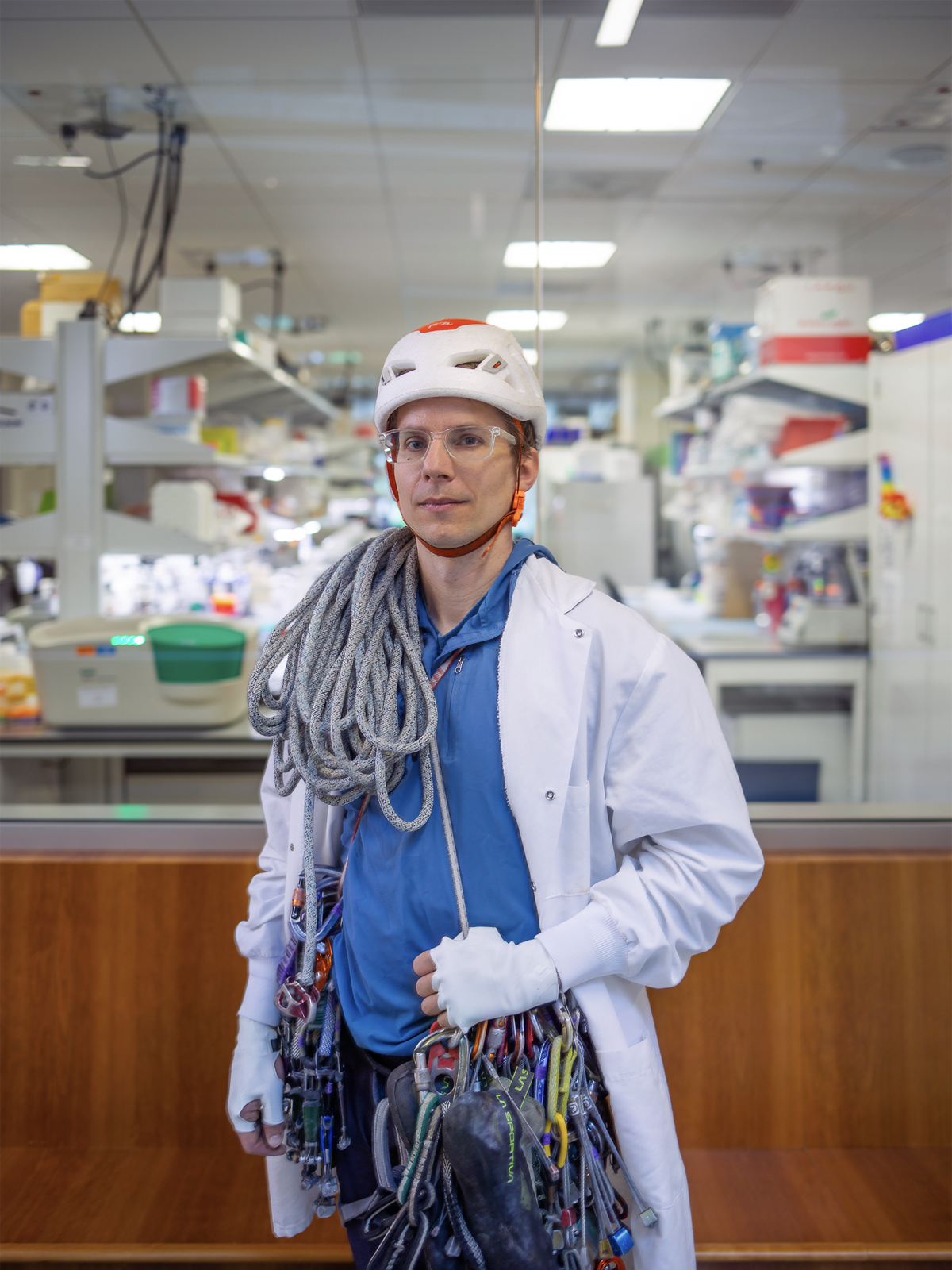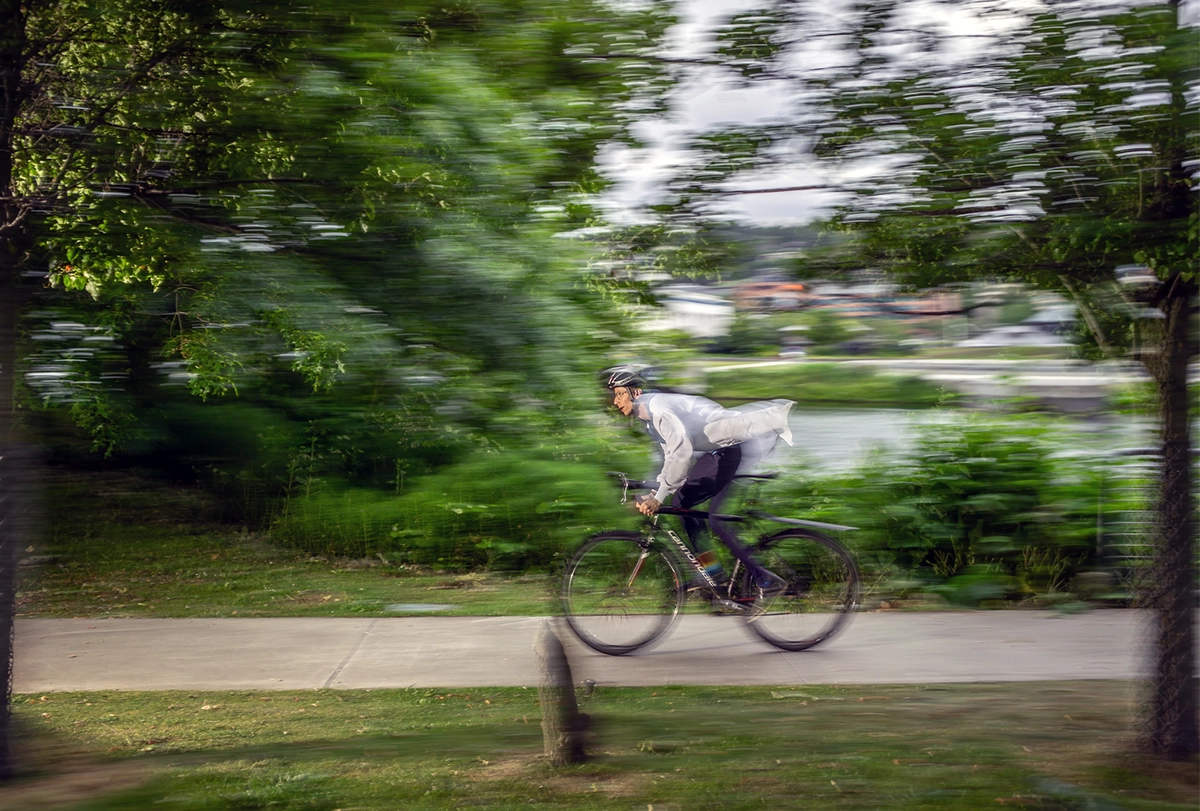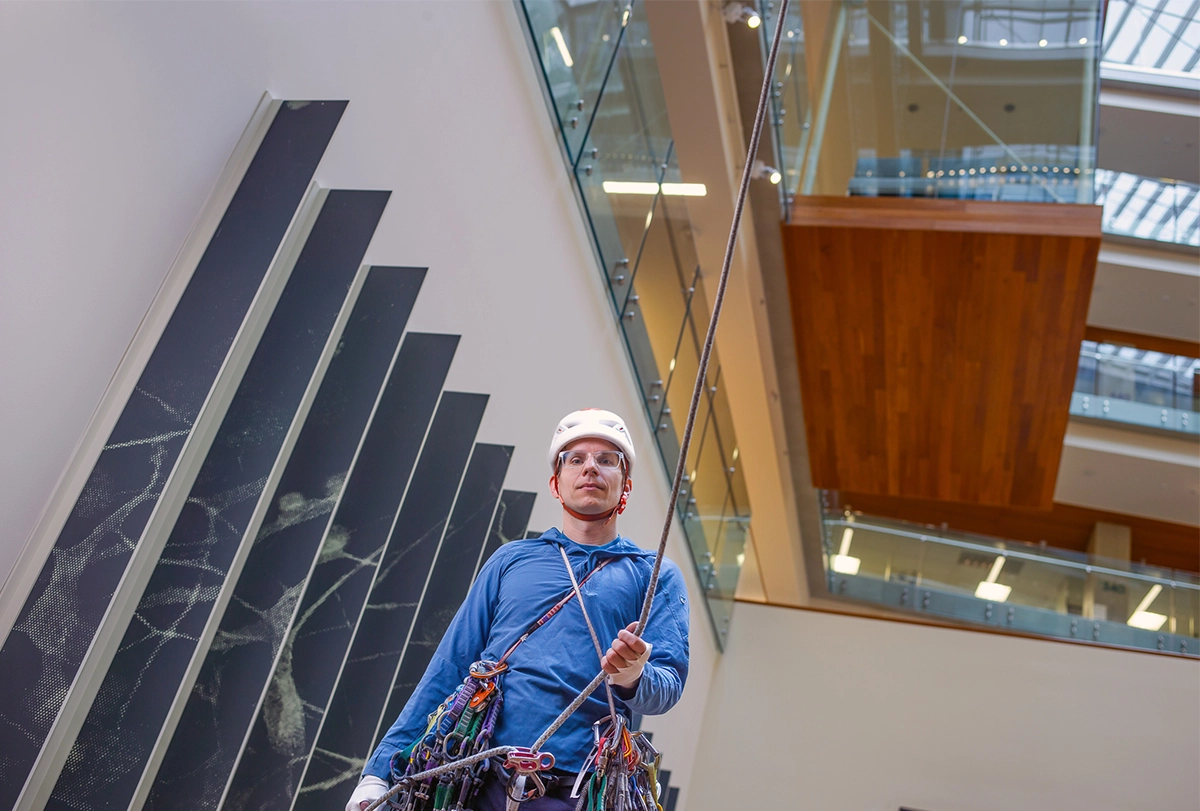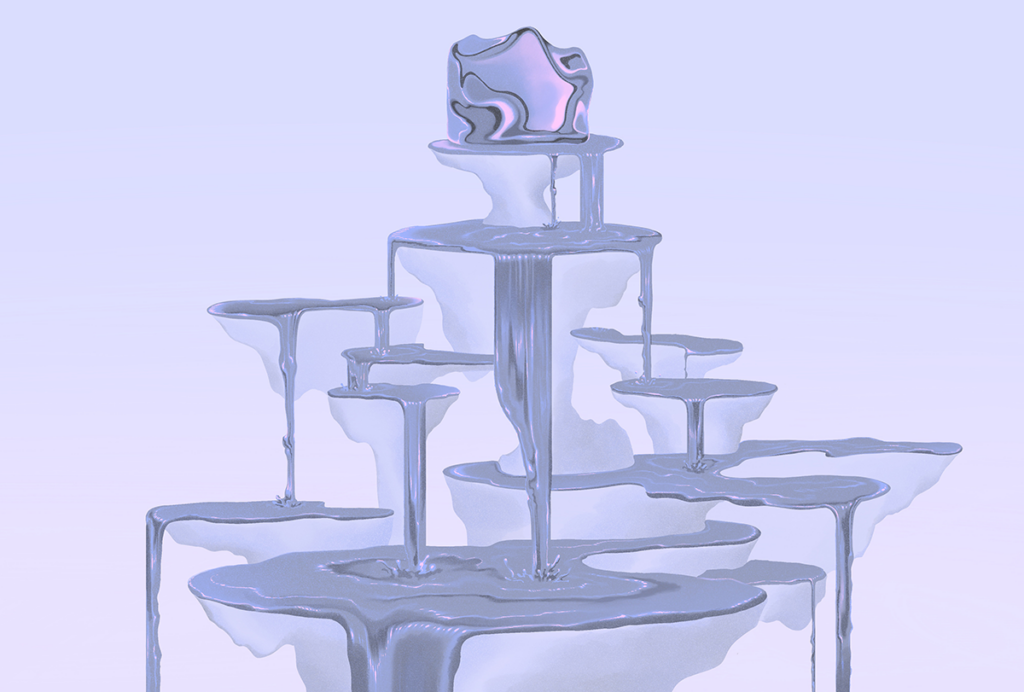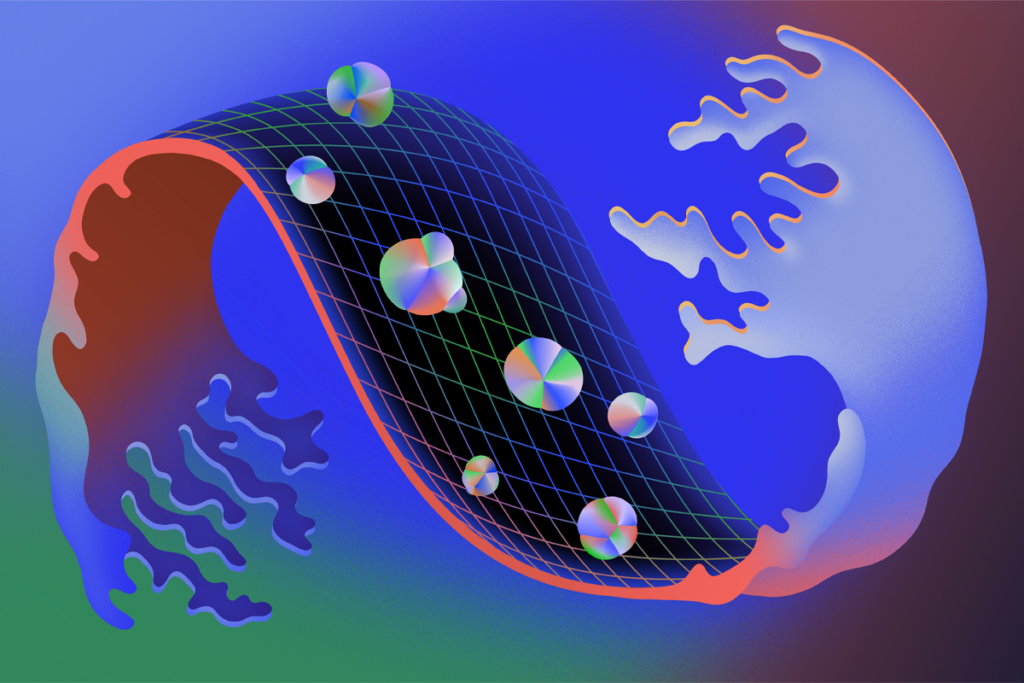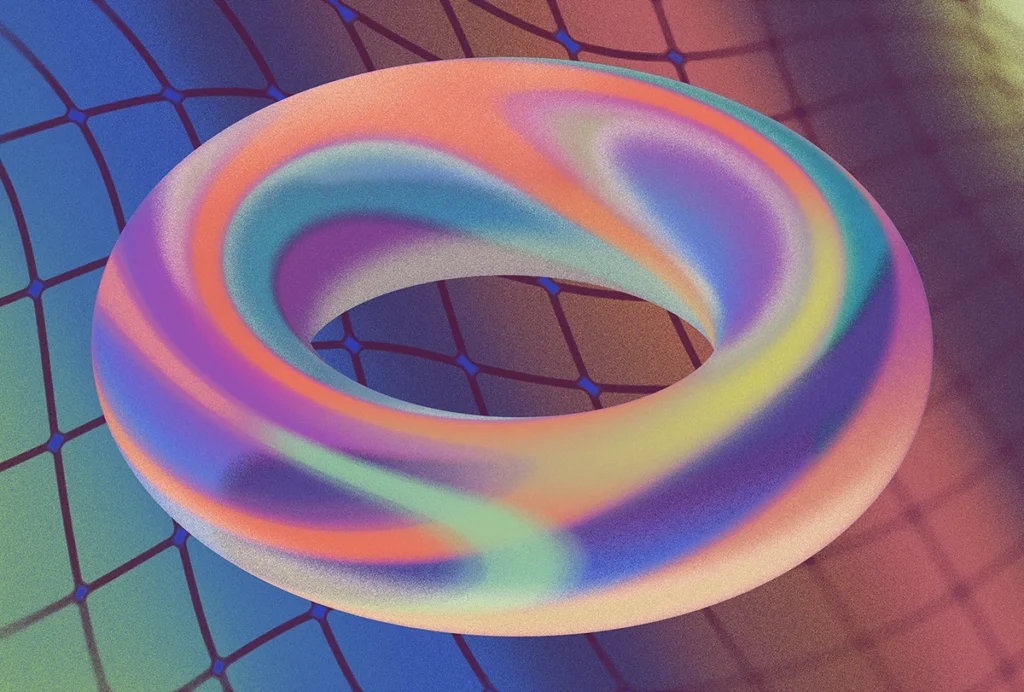Outside of work, neuroscientist Kaspar Podgorski’s true love—well, aside from his wife, he says—is climbing. As a teenager he learned to climb on the limestone cliffs in Ontario, Canada, and after college, he moved across the country for the granite slabs outside Vancouver.
It was during this climbing “heyday” that Podgorski—who now leads the optophysiology lab at the Allen Institute for Neural Dynamics—found his toehold in neuroscience, first as a research technician and later a doctoral student at the University of British Columbia.
Five years after starting his first lab at the Janelia Research Campus, in early 2020, he fell—about 140 feet—as he rappelled down a climbing route in El Potrero Chico Park outside Monterey, Mexico. He’d been distracted, he says, and hadn’t noticed that he had reached the end of one length of his rope. Surgeries to correct his broken femur and ruptured spleen led to more procedures, a medically induced coma and an emergency flight back to the United States in a private jet.
After four years of recovery, Podgorski’s ropes are back on the cliffs. He competed in a climbing competition in Index, Washington, last year in which he pushed himself to compete in the hardest category of routes, and he has plans to climb in Patagonia, Argentina, in January.
His best ideas, he says, come to him in the mountains, where he can ponder his research—specifically how to study the brain’s computations using advanced microscopes that image glutamate across thousands of synapses.
Podgorski spoke with The Transmitter about the challenge of outdoor rock climbing and how his fall reaffirmed his career choice.
This interview has been edited for length and clarity.
The Transmitter: Why are you drawn to “free climbing” mountains, the type of climbing that relies on hands and feet to scale the rock? Does it influence your passion for science?
Kaspar Podgorski: Mountaineering is hard. You have to be willing to work your body and your mind very, very hard for long periods of time before there’s a payoff. It’s not uncommon to spend days getting to the base of a wall and then climbing for 24 hours in a push to make it to the top of the thing and then back down safely. Sometimes you turn back and don’t make it, and sometimes you do—it’s just super satisfying to have been unsure if you’re going to be able to do a thing and then find out that you can do it.
That is sort of the definition of science, right? You ask yourself a question: “Is it possible to do this?” And then you find out. Most of the time, no, you can’t do it or you can’t do it the way that you envisioned it at first, and you have to try again. But every once in a while you figure it out, and that’s really, really satisfying.
TT: How do you integrate your outdoor adventures into your life as leader of a research lab?
KP: There is certainly less time to climb than there was when I was a graduate student or during that wonderful heyday before I even became a graduate student. To take a day off, it’s not that big of a deal. But a trip to Patagonia, for example, that’s a month of your life if you want to plan for the realities of weather down there. And that is the sort of thing that you get to plan a year in advance.
